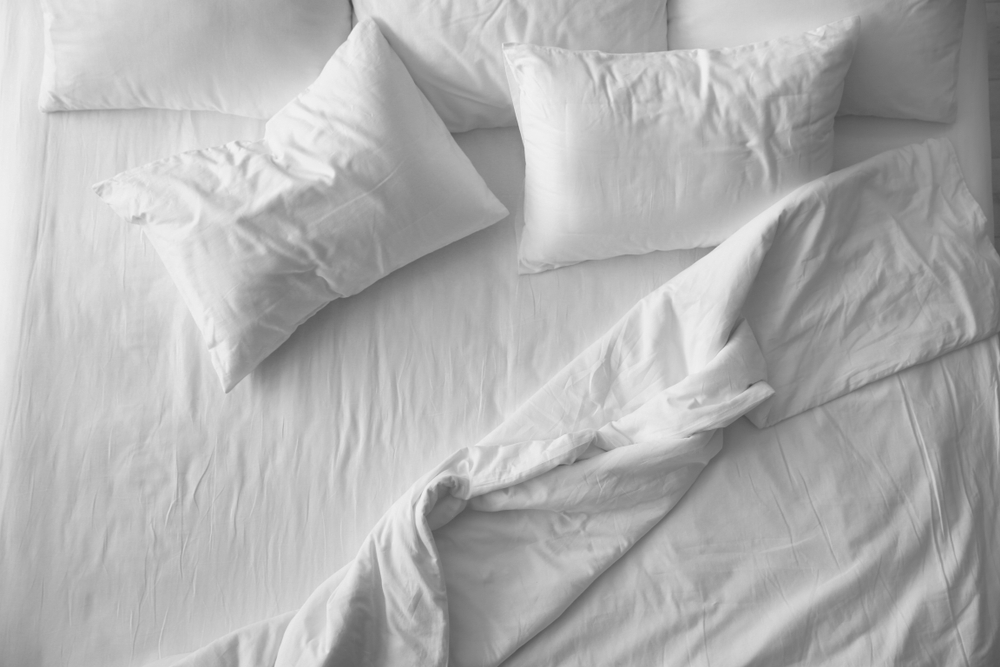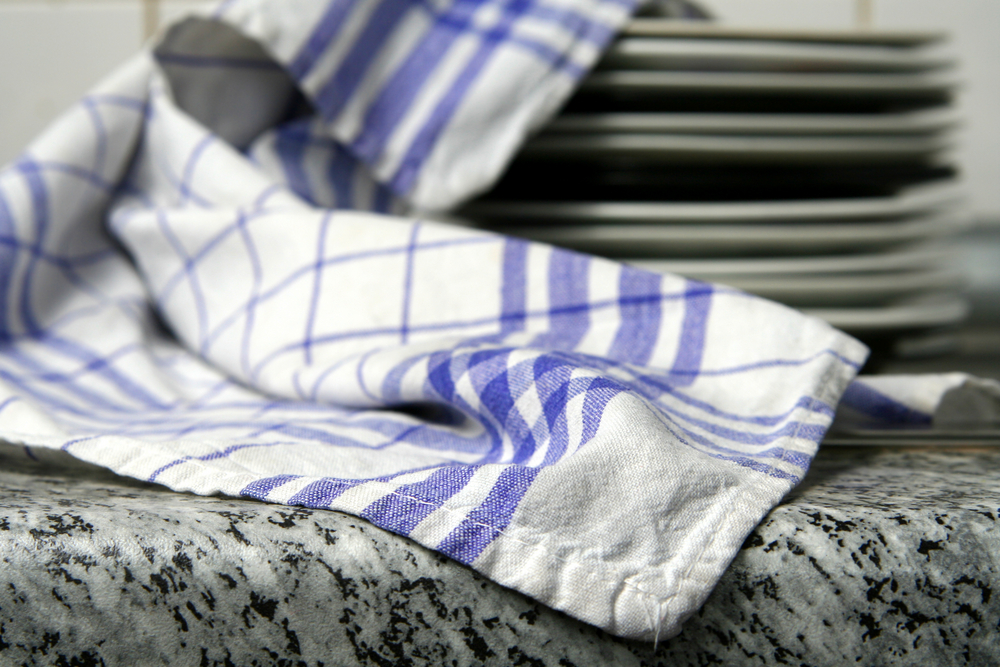From your toothbrush to your kitchen sponge, germs really get into everything. Here are ten items used daily without being washed regularly. And yet, they are infested with bacteria, at least if you don’t clean them carefully…
We often think that the toilet is the dirtiest place in the house… and yet, many everyday objects are much more contaminated by bacteria! Telephone, sponge, computer keyboard: without knowing it, every day we handle nests of microbes that are much more formidable than our toilets. Why are these items so dirty? How can we limit their proliferation and adopt good hygiene practices? Prepare for a few surprises: here are 10 objects much dirtier than your toilet and our tips for cleaning them effectively!
1. The kitchen sponge
It is without a doubt the dirtiest object in our kitchen! According to a study carried out by German microbiologists and published in the journal Scientific Reports in July 2017, each cubic centimeter of a sponge contains nearly 118 bacteria from 73 different families. To avoid the multiplication of germs, it is advisable to wring out your sponge well after each use and to wash it twice a week by placing it in the cutlery basket of your dishwasher or in your washing machine at 60°C.
2. The toothbrush
Our toothbrush is also a real breeding ground. To limit the proliferation of bacteria, rinse it carefully after each use. Although it is possible to clean it with baking soda, it is preferable to change it regularly: ideally once every two months, whether its bristles are worn or not.
3. The cell phone
We constantly hold our smartphone in our hands, but like remote controls or computer keyboards, we don’t think enough about cleaning it. However, many bacteria are found in the interstices of its buttons, but also in its protective shell. Result : our cell phone would be even dirtier than the soles of our shoes ! So remember to regularly clean your smartphone and its protective shell with a disinfectant wipe.
Read also – How to properly clean your smartphone?
4. Pillows
Germs, bacteria and even mites can swarm in your bedding if it is not cleaned regularly. And pillows are the first to be affected. To prevent them from becoming breeding grounds for bacteria, it is recommended to wash them every three months. If they are made of synthetic material, you can put them in the washing machine at 40°C or 60°C. (Feather pillows will go to the dry cleaners).

Read also – Cleaning a yellowed pillow: ultra-effective methods
5. Bath towels
Humidity promotes bacteria growththis is why it is important to regularly clean bath towels as well as washcloths, which can contain large quantities. So don’t forget to change them frequently and after each wash, dry them optimally.
Also read – Do not confuse viruses and bacteria!
6. The cutting board
Over time and despite washing, the gaps in our cutting boards fill with food of all kinds. According to a study conducted by researchers at the University of Arizona, cutting boards would thus harbor twice as much fecal bacteria as a toilet bowl !

7. Coffee machines
Many French people are used to drinking hot coffee in the morning, but did you know that coffee machines with capsule systems encourage the proliferation of bacteria? Some studies have demonstrated the presence of 67 different strains of bacteria in capsule tankswhich often remain moist and conducive to microbial growth. Therefore, pay particular attention to cleaning your coffee machine and in particular its capsule reservoir.
Read also – How to properly maintain and clean your household appliance?
8. Kitchen towels
Regular cleaning of kitchen towels is often neglected, but researchers from Zuckerman University (United States) discovered that 90% of them were infected by bacteria originating in part from the intestinal flora and which can cause infections if handled. So don’t forget to wash your kitchen towels regularly. to avoid any risk of contamination.

Read also – Kitchen towels: how to wash them properly every day?
9. Handbags
The handbag is an object that we take everywhere with us and that we often put anywhere: on the ground, on the toilet floor, in the subwayetc. Result: the germs present on these surfaces are deposited on the fabric of the handbag, before ending up on our hands when we handle it. So remember to wash your hands throughout the day and if your bag allows it, to clean it regularly.
10. Computer keyboards
Computer keyboards are often exposed to bacteria growth due to frequent use. It is therefore recommended to clean them regularly to avoid any risk of contamination. He is also not recommended to eat at your deskas food spills can make the situation worse by adding other microbes and bacteria to already heavily contaminated keyboards.

Read also
consoGlobe also recommends…
Source: www.consoglobe.com


